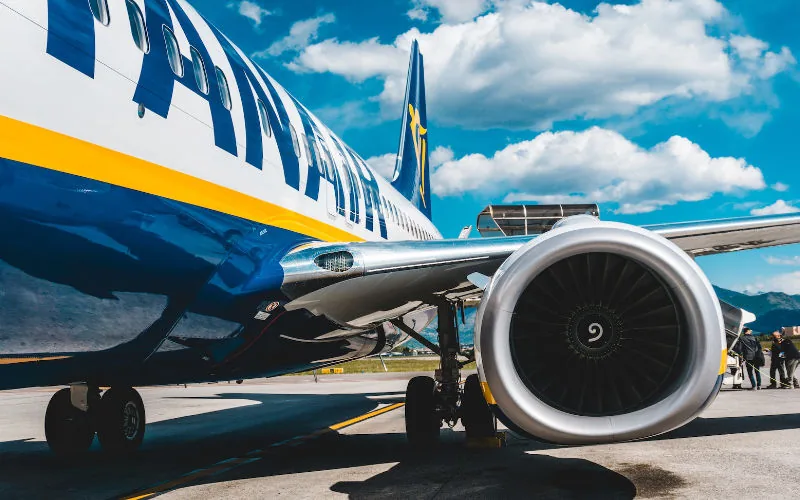Morocco’s Air Transport Liberalization Sets Example for Africa, Report Finds

The Moroccan experience in liberalizing the air transport sector is "bold" and "pioneering" on the African continent. This is what emerges from a think tank report, which also calls on other African countries to draw inspiration from it.
Morocco has distinguished itself from other African countries by adopting "liberal" measures at a time when many states remained attached to "traditional protectionist" policies, which hindered the continent’s aviation sector and prevented it from taking advantage of global market dynamics, analyzes researcher Marie-Noëlle Nwokolo in a new report published by The Brenthurst Foundation, of which she is the author. According to her details, Morocco, as the first African country to open its skies to European airlines, undertook an experience full of challenges, particularly in the face of fears of seeing Royal Air Maroc’s (RAM) role reduced under the pressure of fierce competition from low-cost carriers like Ryanair and EasyJet, but reality has shown the opposite.
This experience has rather contributed to a significant increase in air traffic during the four years following the signing of the agreement. An annual growth of about 18% in the number of passengers between Morocco and Europe was recorded, which allowed the injection of nearly one billion euros into the gross domestic product, and the creation of about 24,000 direct and indirect jobs, the report specifies. This opening also contributed to an increase of about 6% in the number of tourists, as well as a decrease in ticket prices estimated at 7%, making travel to Morocco more attractive and opening new perspectives for low-cost travel, it is further specified.
"Liberalization requires flexible management and continuous adjustments to accompany market evolution," it was indicated, adding that "Morocco has been able to use these tools to maintain a balance between openness and competition." The report calls on African countries to learn from successful experiences such as those of Morocco, Ethiopia and South Africa, and to work towards liberalizing their airspace. They are especially invited to adopt strategic partnerships likely to boost the local economy and facilitate regional integration.
These recommendations are justified by the fact that "Africa, although home to 18% of the world’s population, represents only 2% of global air traffic," due to "protection, bureaucracy and high costs," the report emphasizes.
Related Articles
-

Tangier’s Tourism Boom: Paradise Lost for Middle-Class Moroccans as Prices Soar
26 August 2025
-

Moroccan Milk Boycott Sours Danone’s Profits: How Social Media Activism Cost a Giant Millions
26 August 2025
-

Moroccan Blue Pearl Chefchaouen Ranks 30th Among World’s Most Beautiful Villages
25 August 2025
-

Moroccan Dirham Strengthens Against Euro as Official Reserves Hit 408 Billion
25 August 2025
-

Spanish Engineering Giant Exits Morocco: Grupo Mecanica Del Vuelo Shuts Casablanca Operations After 11 Years
25 August 2025